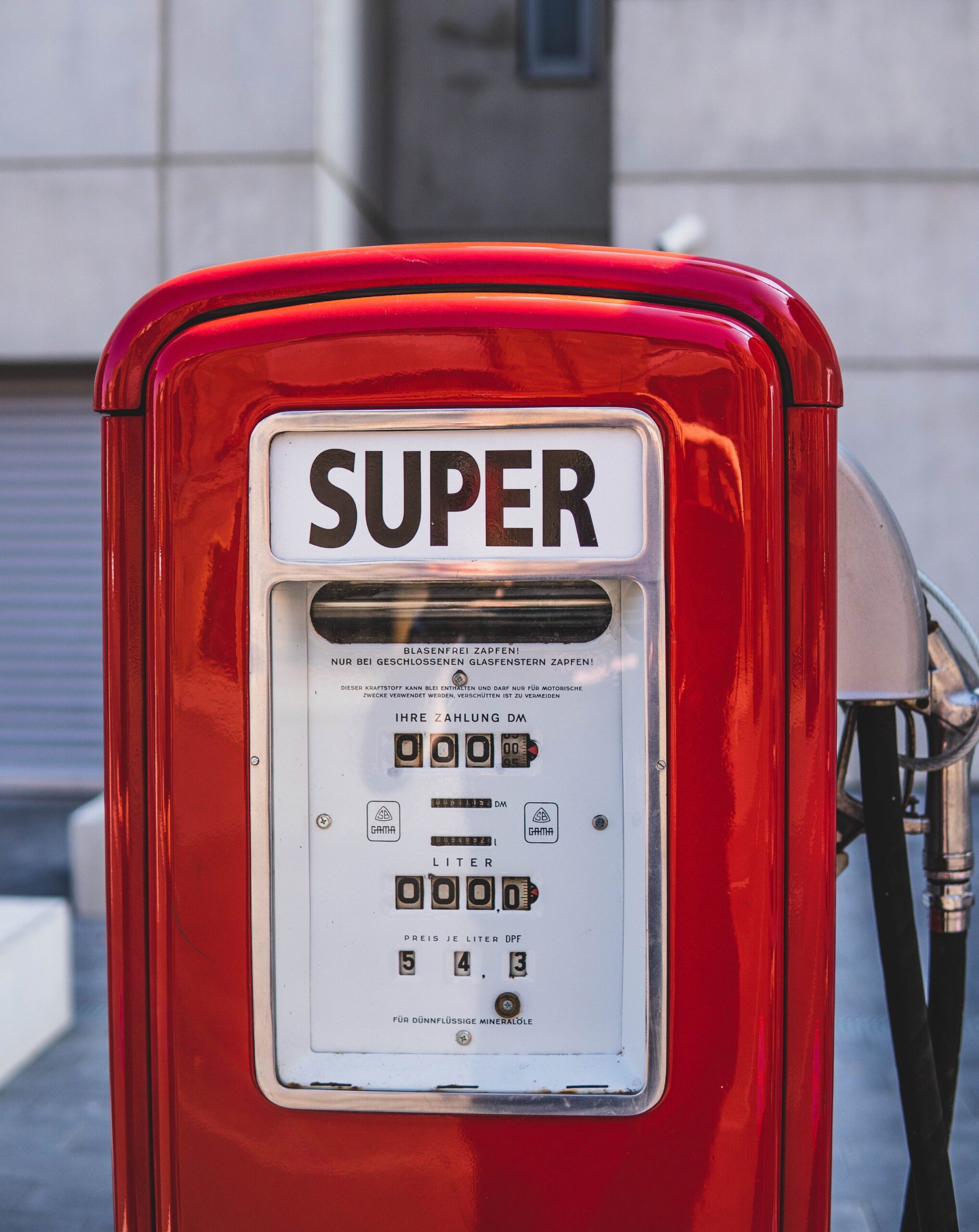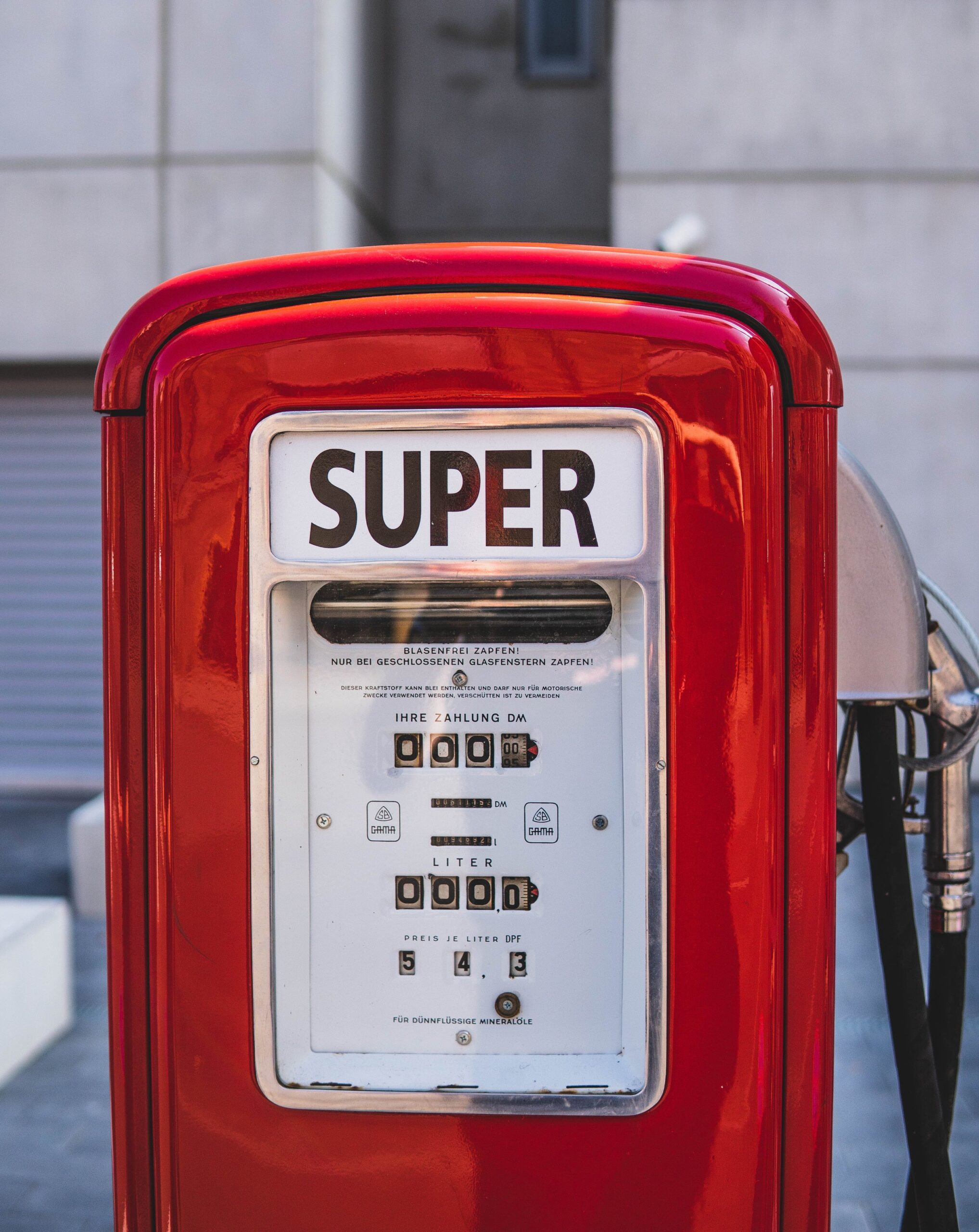Filling up your positivity gas tank is a term that can be used to help convey a similar idea as when one fills up their actual gas tank in their car. When you know you will need to drive your vehicle, and it needs to get you places reliably, and the gas tank is running low, you ensure that you stop and fill up the tank so that your car may perform as you need it to when you need it to. This metaphor is fitting for how our tolerance works in our daily life. Many people who suffer from common mental health challenges struggle with a thought distortion referred to as “filtering out the positive .”This is a cognitive and emotional lens that allows the struggles and undesirable elements in your life to come through crystal clear but makes the positive or even neutral and peaceful moments very hard to recognize or appreciate. This is like never feeling as if your gas tank is full, causing many people to metaphorically “drive” around with increased stress. This is a habit that many people fall victim to, which is cyclical. Higher stress leads to a greater need to cope with positive or peaceful activities, which are made extra difficult to experience, which keeps the gas tank low, which causes more stress, and so on. Challenging this thought distortion is vital to breaking this cycle. The other important part is seeing the positive and being mindful of it to allow it to build your tolerance more effectively.
How does one become more mindful of a positive or peaceful moment? This requires a skill referred to as grounding. This refers to one’s attention being gently redirected back to the details of the moment when one’s thoughts and feelings begin to stray beyond the moment. Thoughts like how much the moment costs, what will happen after, or if you should have done something different before the moment are just a few examples of ways our minds can bring us out of a positive experience. Picture yourself at a concert for your favorite band with your friends. Now imagine that you had a work responsibility due by the end of that weekend that you still have plenty of time to complete despite the concert. However, if your mind remains stuck on all the thoughts, you are having about your work, in 2 weeks, when someone asks you “how was the concert?” you will likely remember more of your stress than you will the details of the concert. Grounding in this example would look like noticing whenever your mind strayed to your work and then gently bringing it back to the moment by using sensory skills such as trying to notice the colors of 10 people’s shirts or the smell of the concession stand, or how the seat feels under your body. These tricks allow you to remain more in the moment and can help build your experience of the positivity that that moment offers you. As you do this throughout the small, average, and extraordinary positive moments everyone comes across; you will notice that your gas tank is full. Your ability to tolerate life’s stressors is much more accessible when needed.
Try and find a positive or peaceful moment today in which you may practice these grounding skills. These moments are genuinely there if you practice noticing them. If this is something you feel you may need help with, we are here for you. Feel free to reach out and make an appointment with an experienced therapist.

